News
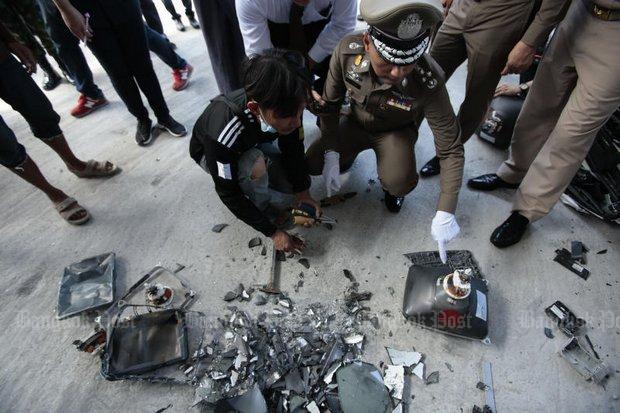
Five importers of e-waste lose licences
Bangkok Post 20 June 2018 | Wassayos Ngamkham and Aekarach Sattaburuth
The Industrial Works Department has suspended the licences of five importers of scrap electronics after they allegedly hired illegal factories to recycle more than 14,000 tonnes of the hazardous garbage.
The factories are being ordered to send the trash back to the five companies within 30 days, department chief Mongkol Pruekwatana said as his department on Tuesday unveiled its latest attempt to deal with the growing amount of illegal electronic waste, widely known as e-waste, in the country.
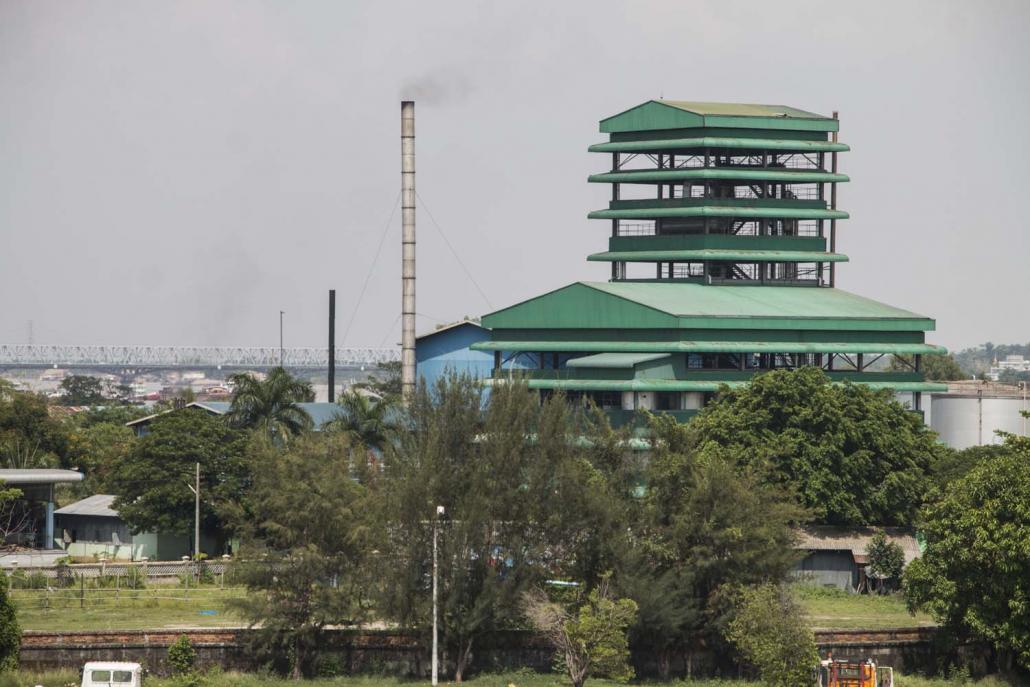
Yangon residents cry foul over factories next door
FRONTIER 20 June 2018 | KYAW LIN HTOON
Factories in residential areas that cause air pollution and foul odours are making life a misery for some city and outer urban residents in Yangon Region.
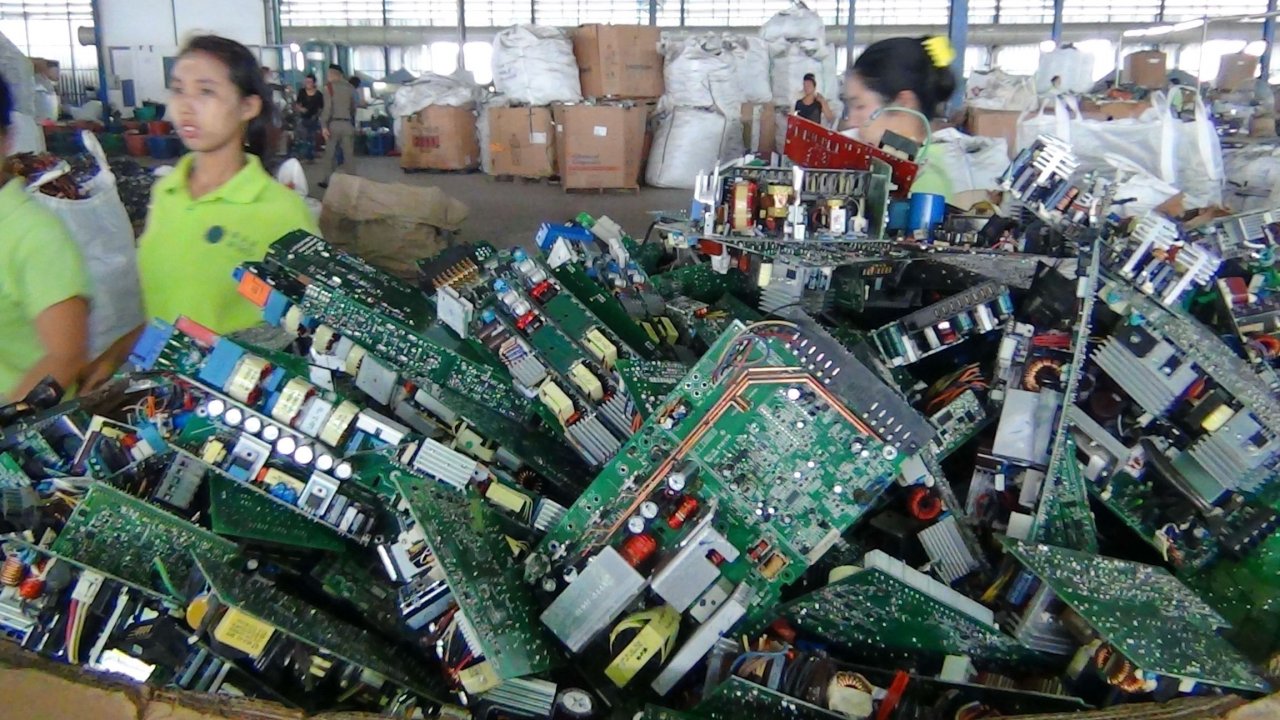
Experts propose total ban on e-waste operations
The Nation 15 June 2018 | PRATCH RUJIVANAROM
Basel convention ‘inadequate’ in protecting Thailand from dumping of hazardous wastes.
THERE ARE no clear answers from officials about whether Thailand is changing its policy on the transboundary movement of hazardous waste under the Basel Convention, as the international agreement is seen by some officials and experts as ineffective in stopping the flow of electronic and plastic waste into the country.
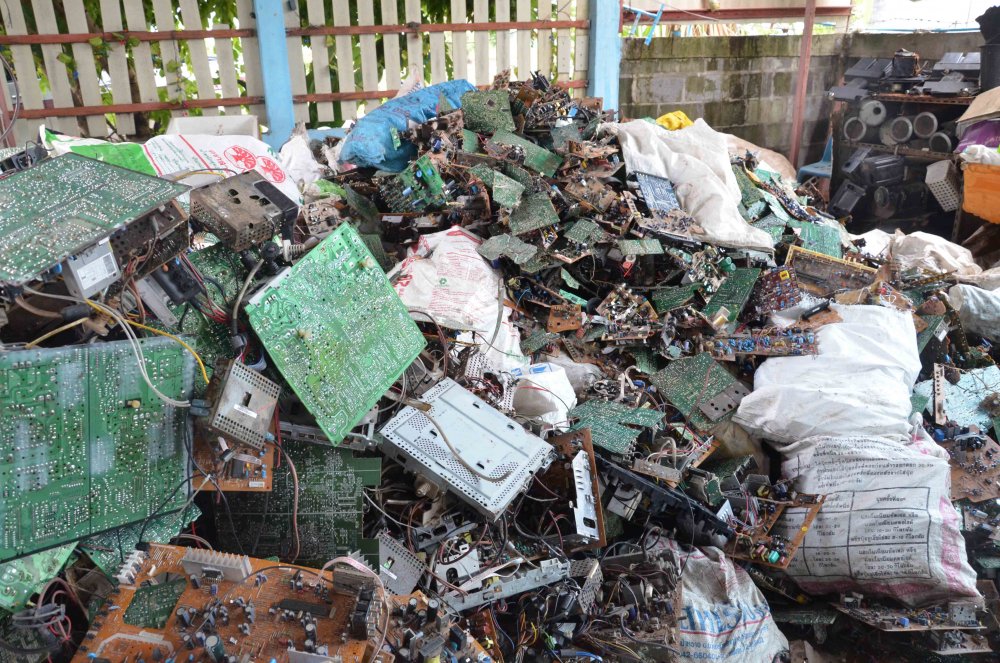
How to prevent Thailand becoming the world’s dump
The Nation 14 June 2018 | Opinion
Laws concerning e-waste imports must be strictly enforced, and offenders held to account.
The discovery that massive quantities of electronic waste are being illegally imported into Thailand has triggered concern that the country is becoming a new dumping ground for the world’s e-waste.
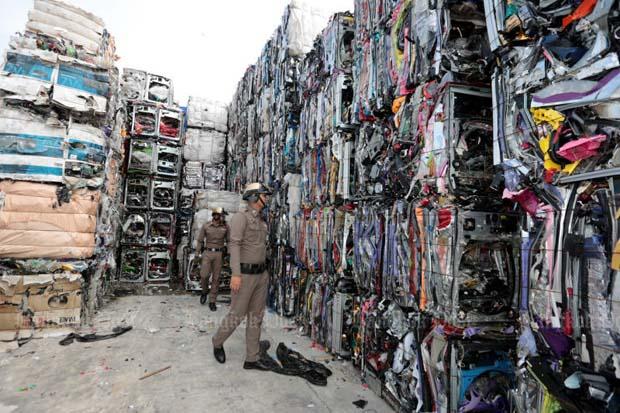
E-waste shunned by China piles up in Thailand
Bangkok Post 13 June 2018 | Wichit Chantanusornsiri
Plastic and electronic waste banned from import by China is now engulfing Thailand, the Customs Department spokesman said Wednesday.
Chaiyut Khamkhun said that in the whole of last year, 145,000 tonnes of plastic waste was imported for recycling -- but 212,000 tonnes has arrived in just the first five months of this year.
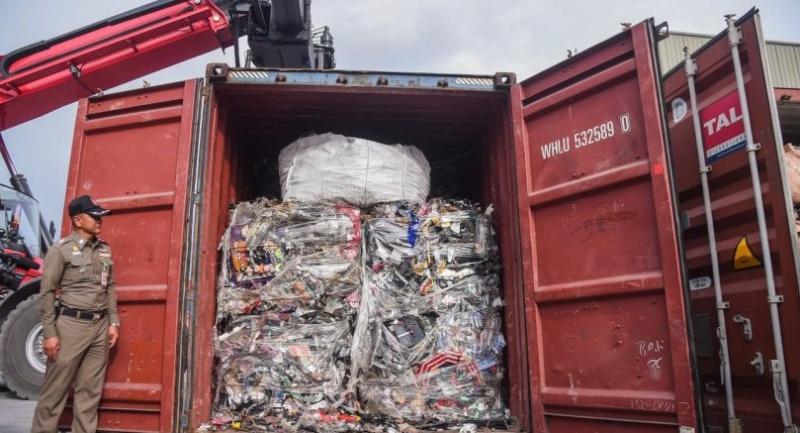
Customs gets tough over toxic imports
The Nation 13 June 2018 | PRATCH RUJIVANAROM, KORNKAMON AKSORNDEJ
More stringent checks planned to reduce rising trend of plastic and e-waste influx.
CUSTOMS AUTHORITIES have tightened cargo inspection at Thailand’s seaports in a bid to control illegal imports of plastic and electronic waste.
Environmentalists, however, were sceptical and saw the special measures as only temporarily mitigating the problem when the issue of the smuggling of hazardous waste has caught the public interest. They believe once public scrutiny is relaxed, the influx of hazardous waste into the country will begin again.
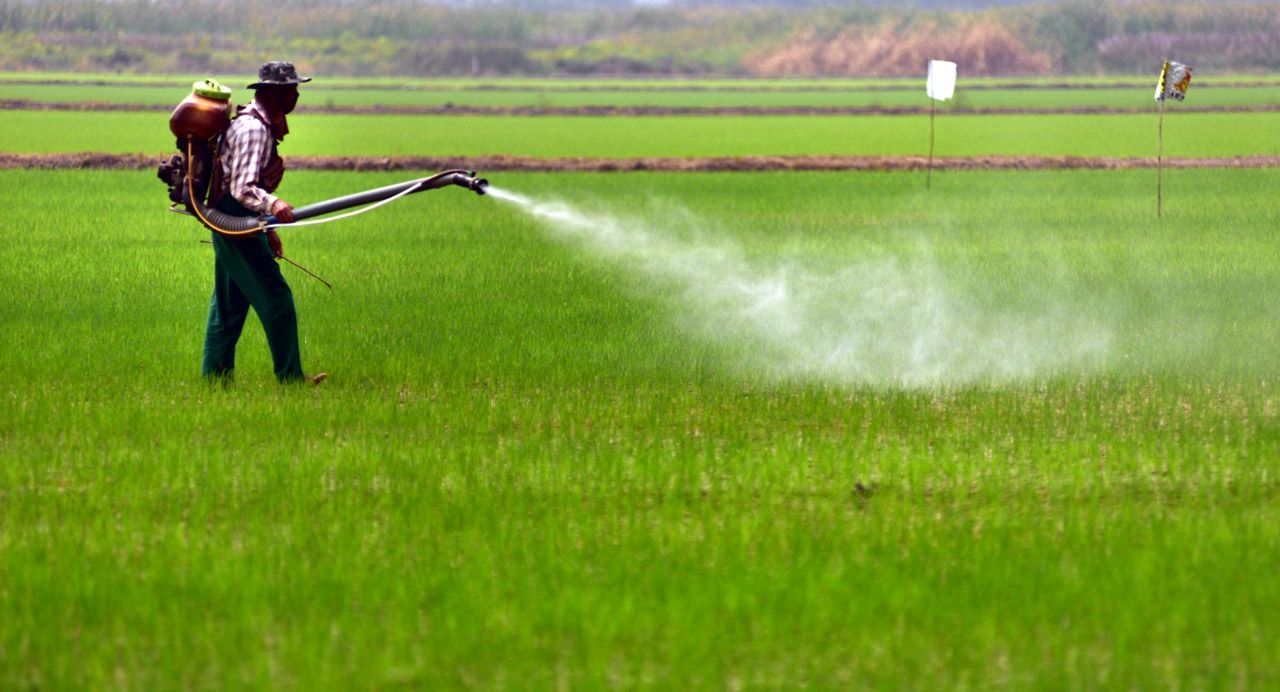
Paraquat green light under scrutinyby human rights commission
The Natio 12 June 2018 | CHULARAT SAENGPASSA
THE NATIONAL Human Rights Commission (NHRC) is investigating the Agriculture Department over allegations that it violated human rights last October when it extended the licences for many companies to sell paraquat.
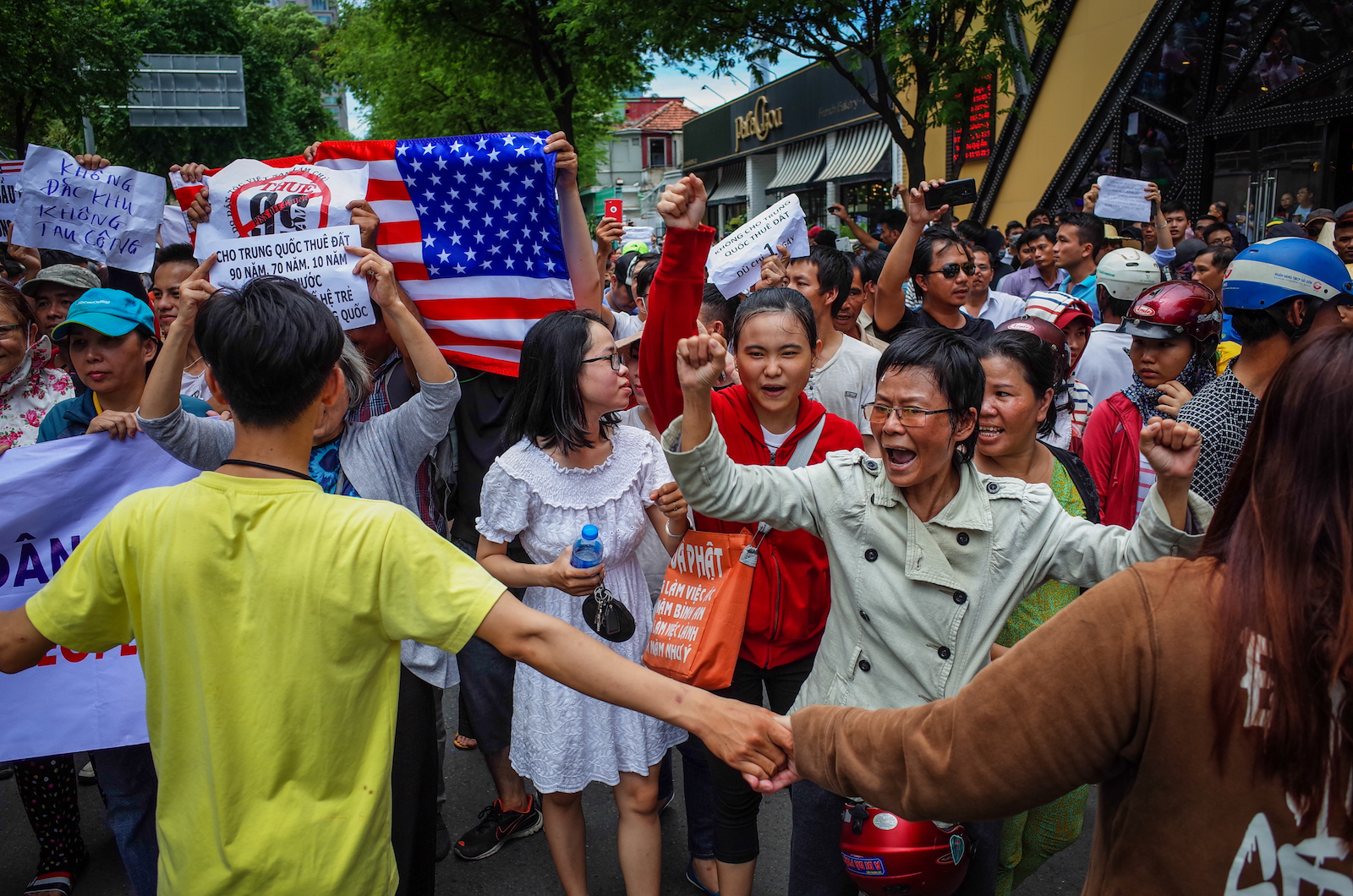
Vietnam protests bigger than ‘anti-China’ nationalism
Asia Times 11 June 2018 | David Hutt
Massive demonstrations against sovereignty-eroding SEZ legislation gave voice to wider grievances about the Communist Party's repressive rule
Protests erupted across Vietnam on Sunday against government plans to introduce a concession on new special economic zones (SEZs) that would allow land to be leased to foreign investors for a 99-year periods.
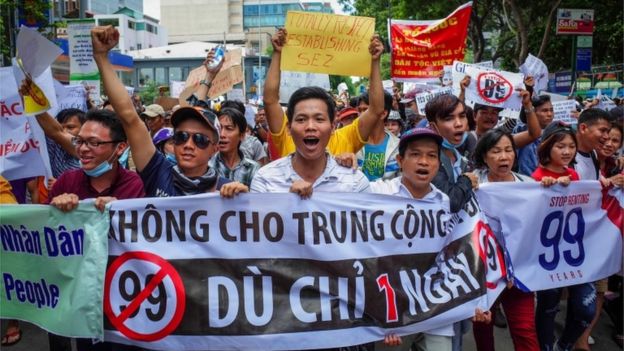
Vietnam protesters clash with police over new economic zones
BBC News 11 June 2018
Demonstrators clashed with police in Vietnam in protests against plans for new economic zones that some fear will be dominated by Chinese investors.
Police reportedly detained more than a dozen people in the capital Hanoi and halted demonstrations in other cities.
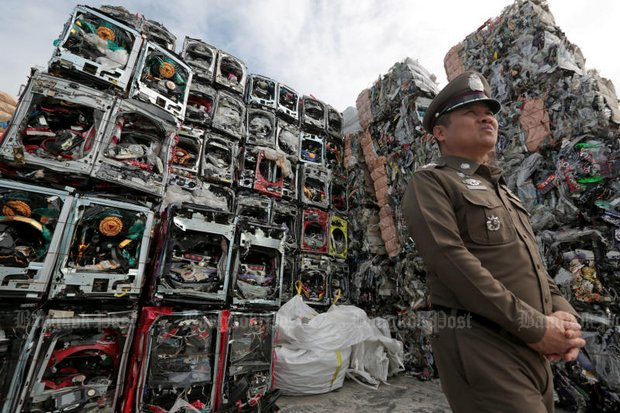
Laying waste to Thailand's bounty
Bangkok Post 11 June 2018 | Lamonphet Apisitniran and Komsan Tortermvasana
Environmentalists say waste once destined for China is being rerouted to Southeast Asia, and either new laws are needed or existing laws should be enforced to prevent illegal imports.
Thailand in 1997 ratified the Basel Convention, which aims to control trans-boundary movements of hazardous waste. But the convention does not completely prohibit these exports from more-developed to less-developed countries.


